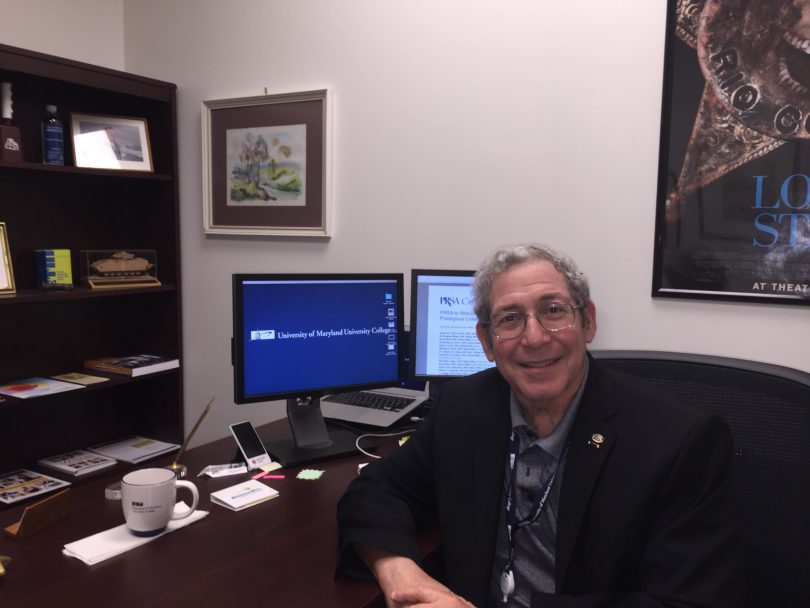It’s spring! Baseball is underway, and despite the lingering winter-like temperatures, my wife’s crocuses (a harbinger of spring) have bloomed. And her hellebores are in bloom, too.
As our thoughts turn to warmer weather and the promise of renewal, I invite you to consider making this your year to earn your APR certification. And if you already have your APR, make this your year to help someone else. You also can help yourself by participating in your Chapter or organization activities and earning those maintenance points.
I was recently invited to participate in a panel discussion about the APR certification with a group of government communicators. What a thrilling opportunity! I joined two of my colleagues, one from the Universal Accreditation Board (UAB), and one from the National Capital Chapter, to discuss the value of professional certification.
One question in particular intrigued me. A communicator wanted to know if I would recommend seeking certification instead of a master’s degree. Intriguing, because in addition to my role with the UAB, I also am a college professor.
My answer? Go for both. They do different things. A master’s degree tells prospective employers (and yourself) you have critical thinking skills; you understand the theories, principles and concepts that guide your field of endeavor; and you can face a problem, which includes picking among several “tools” available to you, implementing a solution and measuring its results. Master’s degrees typically focus on a career field, but in my opinion, critical thinking skills are generalizable. These skills are highly marketable and sought after by employers.
The professional certification, on the other hand, tells prospective employers you are a master of practice. Obtaining the APR tells employers you have demonstrated the ability to perform as a strategic communicator to a high professional standard, that you have demonstrated your decisions are grounded in strong ethical approaches and that the professional process you use is based on current best practices.
Notice that word “current.” It’s an important adjective. The APR certification requires you stay up-to-date amid rapidly changing technology and concepts in strategic communication, which affects changes in the conduct of research, strategy development, the production and dissemination of tactics, and measurement and analysis processes. The certified PR practitioner (or strategic communicator) is current in the tools and methods of the profession.
There is another common theme I’ve heard when discussing certification: Some people say it takes too long to prepare. They think practitioners are busy in practice and don’t have time to study. I won’t deny it takes time to attain certification, and only you can determine if it is worth your time.
Having said that, you can put your time studying for certification to double duty. According to www.praccreditation.org, “In recognition of the mastery of strategic communication practice, competencies and ethical standards achieved by those who have earned APR, several universities now offer waivers for professionals that hold the designation. APRs can receive advanced standing credit toward a master’s degree. And as a special bonus, if you earn an advanced degree, you get automatic re-Accreditation (recertification) in your first three-year maintenance cycle.”
So take this time of renewal and consider whether or not this is the year you commit to demonstrating to prospective employers, to your peers and to yourself that you are that pro we’re talking about when we say, “It Takes APRo.”
For more information about the Accreditation in Public Relations (APR) process, visit www.praccreditation.org.
Mitchell Marovitz, Ph.D., APR, Fellow PRSA, is the Chair of the Public Relations Program in the Graduate School of the University of Maryland University College. He is a retired Army colonel and is the 2018 Chair of the Universal Accreditation Board. He was elected to the National Capital Public Relations Hall of Fame in 2016.








Hi Mitch, thoroughly explained (masters verse certification). Your explanation reiterated the importance of being strategic in the decision process and analysis of the long term benefits in terms of educational and professional development. Great post. Thank you.
Thanks, Jackielyn! I firmly believe, as you note, both educational and professional development are absolutely critical to moving from tactician to strategist in the field.